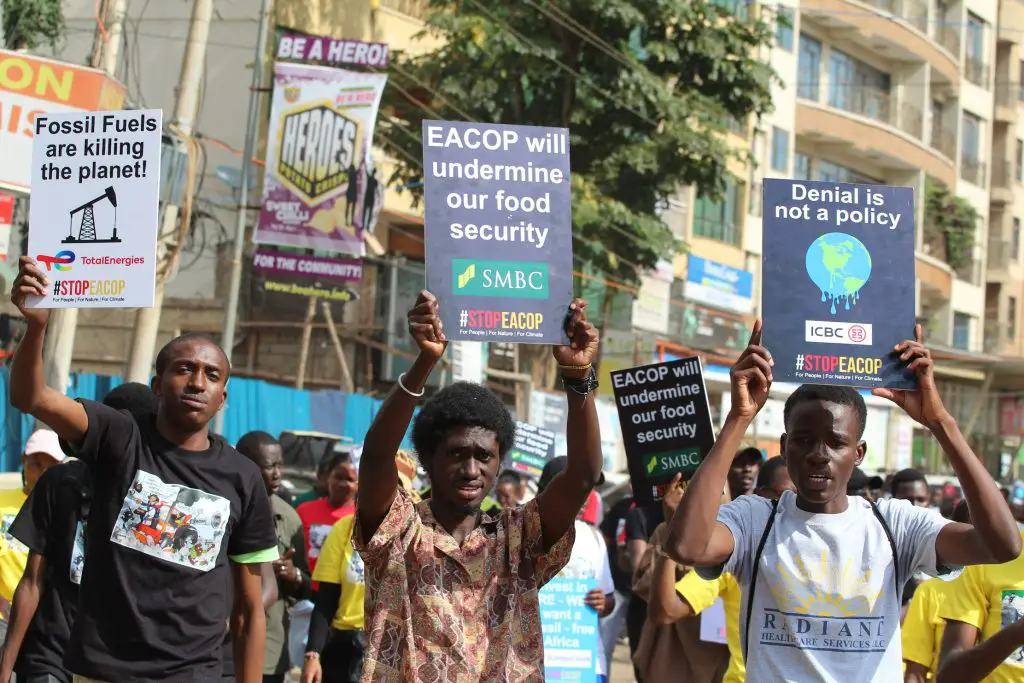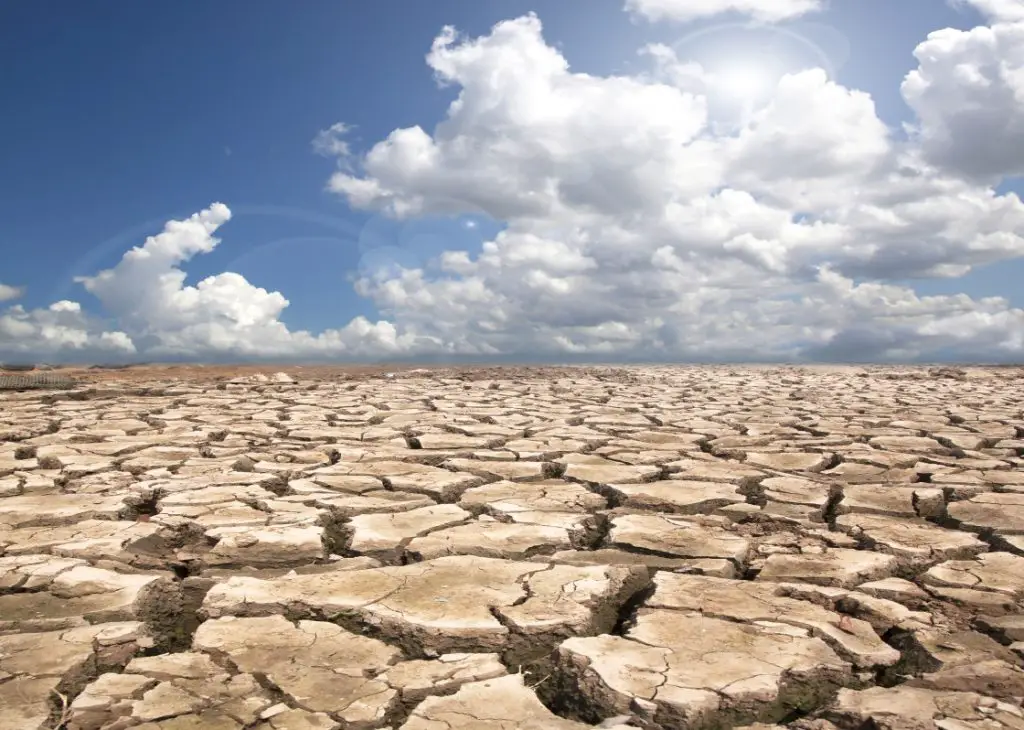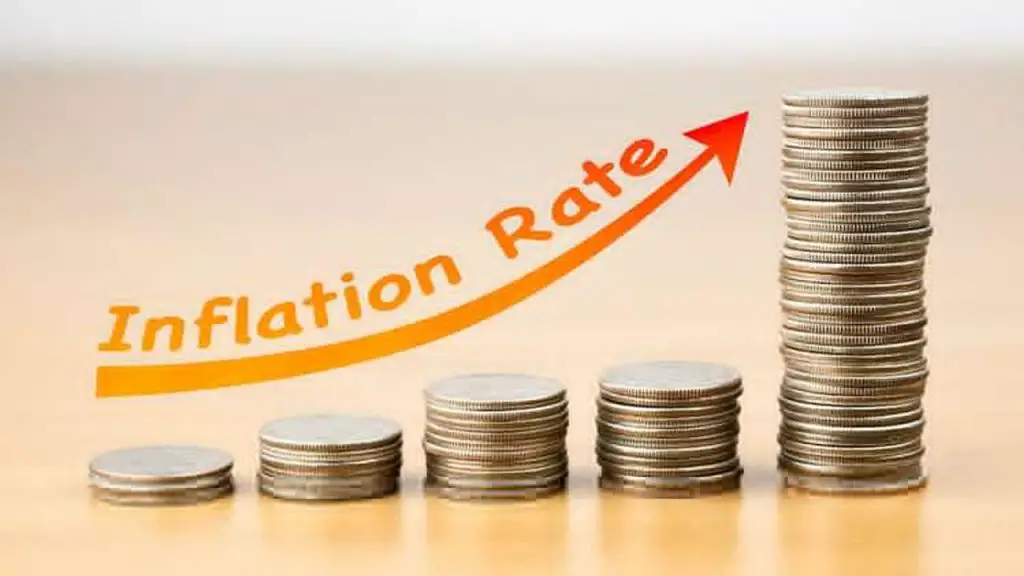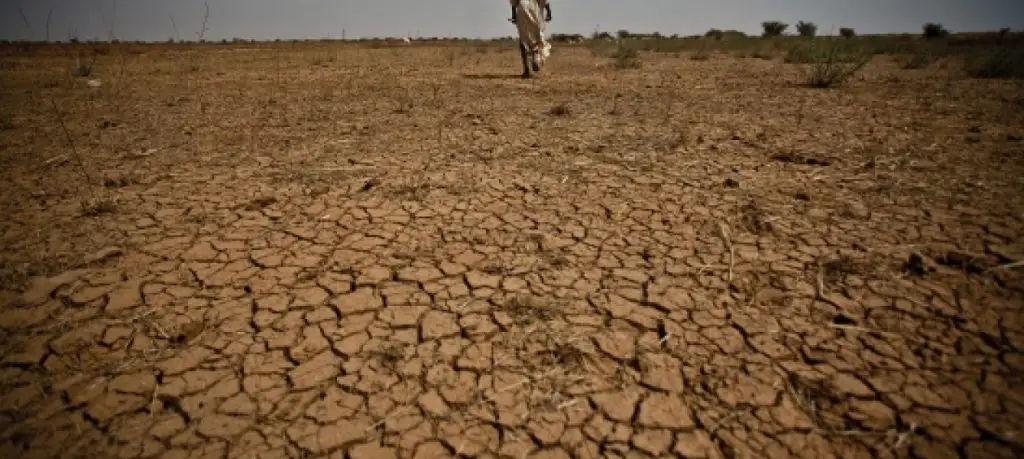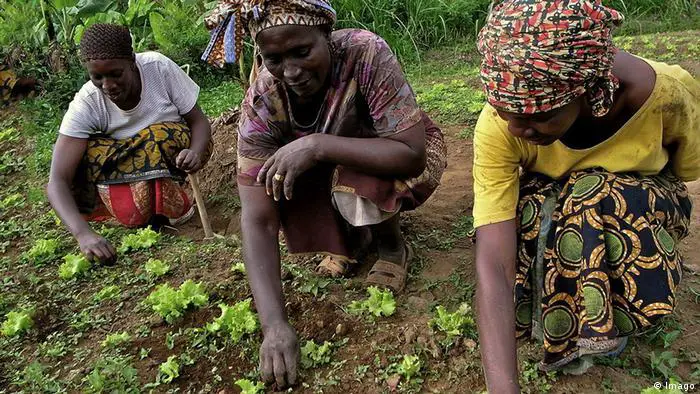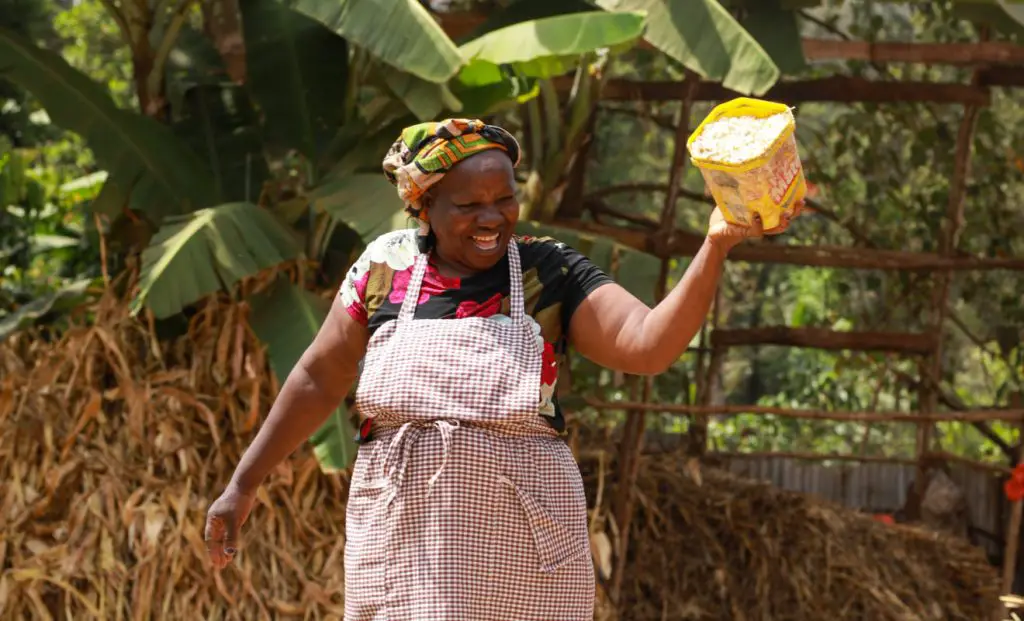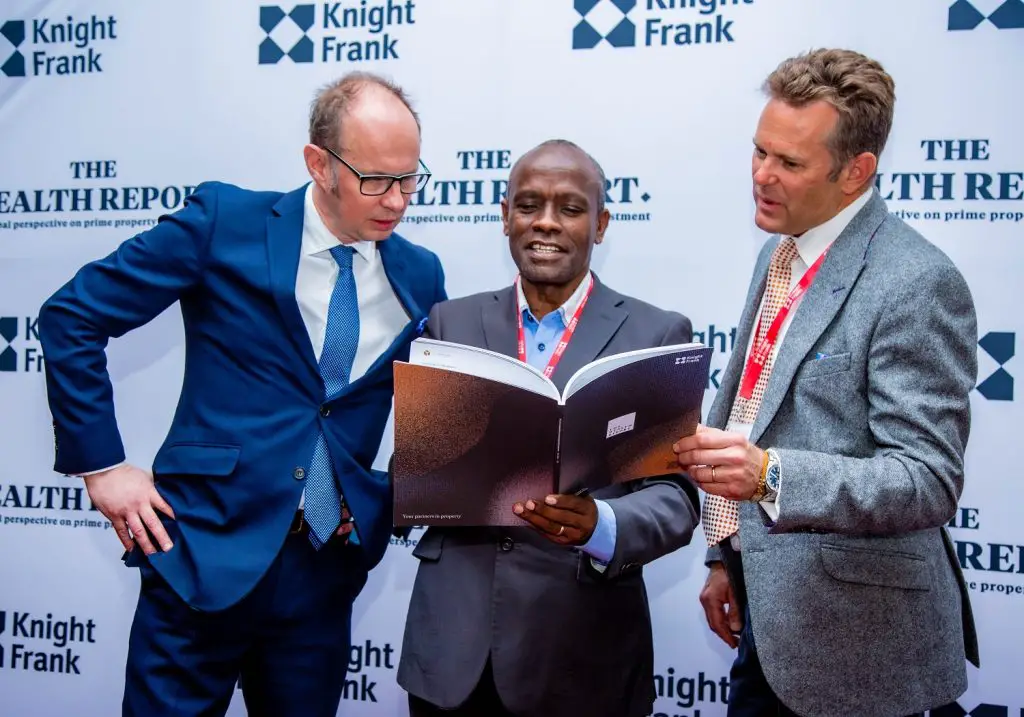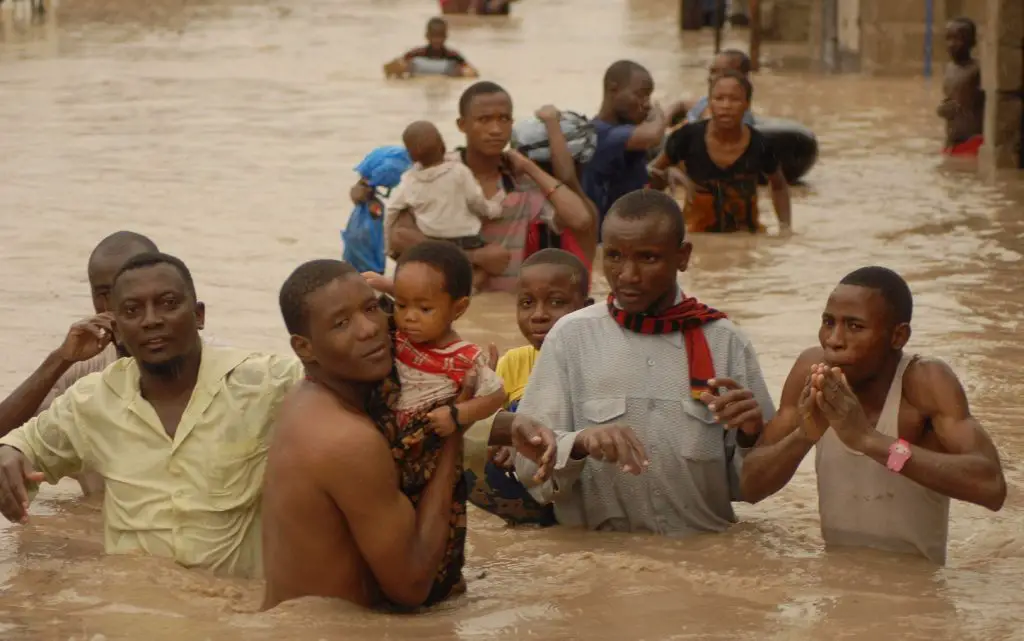- Abu Dhabi radiates optimism as over 300 startups join AIM Congress 2024
- TLcom Capital Raises $154 million in Funding to Boost Its African Growth
- Africa’s $824Bn debt, resource-backed opaque loans slowing growth — AfDB
- LB Investment brings $1.2 trillion portfolio display to AIM Congress spotlight
- AmCham Summit kicks off, setting course for robust future of US-East Africa trade ties
- Why the UN is raising the red flag on the UK-Rwanda asylum treaty
- Portugal’s Galp Energia projects 10 billion barrels in Namibia’s new oil find
- Wärtsilä Energy offers tips on how Africa can navigate energy transition and grid reliability
Browsing: Climate change
Both nations have the right to attain energy supremacy as it has been a long-time ambition. Despite that goal, environmental and climate-related concerns must be addressed if they are present.
The EACOP is one starting point that can catapult the region towards economic mastery and energy sufficiency. Tanzania, which is also banking on natural gas exploration and production, could learn a lot from EACOP complications now.
Despite the challenges, EACOP’s potential has managed to draw the attention of other financiers, and things are turning out well. The project has attracted US$300 million from alternative lenders as its proponents rush to save the project from pressure groups citing environmental concerns, according to a report by The Citizen. …
Policymakers must advocate for pooling resources to support the most affected, particularly in Africa. They can financially support and share land restoration and climate adaptation technologies. Collaborations to expand inclusion that can attain a new paradigm in climate change mitigation.
The leaders of the major polluting nations and donor countries, as well as the leaders of African nations—must commit to implementing policies, allocating resources, and taking the necessary actions to address the deteriorating climate situations globally.…
Some worry that monetary policy is still excessively accommodating, given that rate hikes have not matched inflation. Policy cooperation may be beneficial. Fiscal consolidation and a mix of rate rises and currency depreciation may play a role in nations where policy is overly permissive.
The shaky recovery in Sub-Saharan Africa, coupled with domestic demand constraints, has not significantly fueled inflation so far. However, in the coming months, governments and policymakers must carefully monitor and prioritise tackling the rising inflation in Africa.…
The continent comes in last in terms of funding and green development mechanisms in the global carbon market, which increased by 164% to a record $851 billion last year.
The largest market for trading carbon credits is in Africa, but what are the responsibilities of the sellers and buyers? Munyazikwiye questioned.
According to Mohamed Adow, the founder of the climate think tank Power Shift Africa, “Rich countries do not want to decarbonize their economies. It’s a sky trap. Rather than cutting emissions, they pay poor countries to run projects that lower emissions and take credit for that. Africa doesn’t have emissions to cut, but emissions to avoid.”
Adow urged all African leaders to take the helm of climate talks in their nations because “you need to choose the appropriate climate path if you’re the least developed and confront the highest climate vulnerabilities.”…
e-GUIDE, which has effectively utilised AI to forecast the amount of electricity used in Africa and evaluate the amount of energy put to productive use in the continent’s agricultural sector, will now be able to collaborate with Atlas AI on this endeavour.
Atlas AI, Founded in 2018 by The Rockefeller Foundation and a team of professors from Stanford University. Collects data from various planetary sensors and combines that information with deep learning AI technologies to track changes in the economic and societal well-being of the entire world.
Atlas AI possesses a wealth of experience in constructing hyperlocal socioeconomic datasets, predictive analytics models, and software platforms to assist in making complex policy and investment decisions.…
Africa’s fast population growth exacerbates the issue. According to most estimates, Africa’s population will double by 2050 and then double again by 2100, finally reaching over 4 billion by the end of the century. Feeding Africa’s rising population will need considerable breakthroughs in the continent’s food systems.
However, agricultural progress may be difficult if African farmers are subjected to more severe climatic effects. To prepare for these future difficulties, one must understand how climate change will materialize in Africa and its impact on the continent’s agricultural systems.…
The CRDB alone offers at least 40 per cent of all loans issued to the sector and also unveils a vast opportunity package for local farmers via financing climate-resilient and adaptation projects in Tanzania, making available $200 million in agri-loans for the taking.
According to The Citizen, the adaptation projects target six million beneficiaries in Tanzania’s agriculture industry.
Top bankers are now taking agriculture as a viable product to invest in and develop. Tanzania’s best-performing retail bank, NMB, has set up a specialised agri-business department to serve and effectively attend to all farming financial aspirations.
Tanzania’s agriculture ministry has ramped up funding in research and development from $3.15 million to $4.86 million in the financial year 2022/2023. Further, irrigation is taking a new shift in Tanzania. According to the ministry, the area irrigated has increased from 695,045 hectares in 2020/2021 to 727,280 hectares in 2021/2022.…
In the East African powerhouse, agriculture insurance startup Pula Advisors was featured on the list for its innovation and impact in using technology to provide agriculture insurance to millions of smallholder farmers in emerging markets.
The firm which was founded in 2014 has used technology products through agriculture insurance and digital agronomy to advise and ensure many farmers adapt to an increasingly unpredictable climate.
“Farmers in emerging markets are the most hardworking citizens of the world yet the most likely to already feel the impact of climate change. The future is in farmers’ hands; they only need the appropriate technology and tools and then they can feed the world,” The firm’s CEO Thomas Njeru said.…
The proportion of Kenyans seeking foreign passports is not the highest for Africa, with 31 per cent of high net worth individuals (HNWIs) in South Africa seeking a second passport, and 44 per cent of HNWIs in Nigeria.
Andrew Shirley, editor of The Wealth Report at Knight Frank said that amongst Kenyans seeking new passports, the proportion was interested in reducing their tax bills, enhancing their safety, or getting a better quality of life just as much as the wealthy globally.
Of Kenyans seeking new passports, around 59 per cent are doing so as an investment, against a global average of 17 per cent, while 38 per cent cite education as a driver, compared with 18 per cent worldwide.
Meanwhile, 34 per cent are seeking better healthcare, compared with 13 per cent worldwide.…
A careful study of the 2011 flood’s socio-economic impacts on Dar es Salaam indicated that the flood events damaged properties worth millions and the government was forced to spend a total amount of US$796,968 in rescuing and relocating vulnerable communities who lived in the low-lying areas of Dar es Salaam’s districts.
Per World Bank research, which offers clear insight into the matter, exposure to floods is a widespread phenomenon affecting at least 39 per cent of the population, or two million people, having been impacted either directly or indirectly by floods.
The April 2018 floods alone affected between 900,000 and 1.7 million people, and among the affected households, 47 per cent (18 per cent of the city’s population) reported health impacts.…





